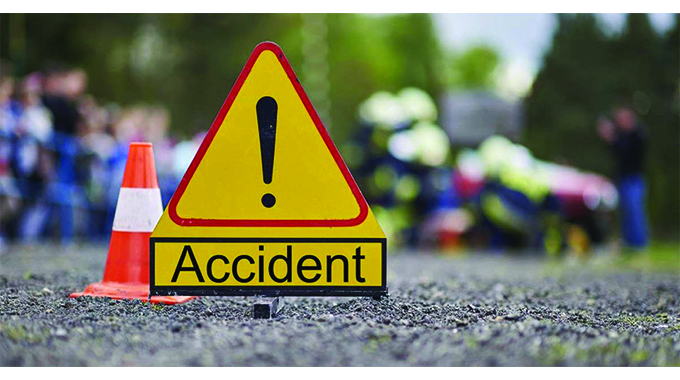BCC clinics overwhelmed as hospitals’ OPDs close

Andile Tshuma, Chronicle correspondent
BULAWAYO City Council clinics are overwhelmed with patients after the city’s central hospitals closed their Out Patients Departments (OPDs) and started attending to emergency cases only.
Winding queues were the order of the day at some municipal clinics yesterday.
BCC runs 19 clinics in the city.
The clinics are running with a 60 percent staff complement due to a recruitment freeze that was recently partially lifted.
At all the council clinics, there were nurses at the gates who were teaching people about Covid-19 and ensuring they washed their hands.
At Nkulumane, Tshabalala and Pumula clinics, the news crew observed long queues at around 9AM.
Patients were being screened and given information about Covid-19.
To decongest, clinics collapsed schedules for chronically ill patients like diabetics, hypertensives and those living with HIV such that those who collected medication weekly would now be collecting once a month.
Pregnant women and those who need to come for reviews regularly after initial consultations, have been instructed to liaise with clinics over the phone and only go to the institutions in emergencies.
Nurses had challenges ensuring the multitudes practiced social distancing as they waited for service.
Staffers who spoke to the news crew at Nkulumane and Pelandaba clinic said the number of patients has been steadily increasing in recent weeks.
The city’s health services assistant director, Dr Khulamuzi Nyathi said council clinics had been reporting a higher number of patients of patients after Mpilo Central Hospital and the United Bulawayo Hospital started taking emergency cases only.
He said numbers had however gone slightly lower following the commencement of the 21-day lockdown gazetted by Government to curb the spread of the Covid-19 which has killed one person in Zimbabwe and more than 50 000 globally.
He attributed the slight decrease to restricted movement of people following the national lockdown that commenced on Monday.
“We are reporting higher numbers in terms of people seeking services. We are getting overwhelmed as municipal health services although we are doing our best to ensure that we render competent services.
“We recorded increases in patients seeking services although I do not have the actual figures and we are anticipating higher numbers in days to come as clinics are now also attending to people who have been discharged from hospitals. We are primary healthcare centres so we will do our best to offer the care that we can, and if it is beyond what we can do, we will refer patients to the hospitals, if they are emergencies,” said Dr Nyathi.
He said services like HIV testing had been temporarily suspended at some clinics while other services were no longer offered daily.
“To reduce numbers at clinics and to also avoid the spread of Covid-19 when people are crowded, we have temporarily reduced monitored treatment for our patients on TB and ARV treatment. Those who came daily will come weekly while those who came weekly will now come bi-weekly. Those that come for treatment and sputum weekly will now come monthly as we try to limit the numbers. We will continue communicating with them via mobile phone,” he said.
He said for this period, antenatal clinic visits have also been reduced as expectant mothers no longer come eight times but have been td to visit once and then come to clinics only if they experience complications. He however said all the changes will be undone once the situation goes back to normal.
“Patients scheduled for reviews will now communicate with the nurse and share their symptoms or what they feel over the phone and if need be, they will come to the clinic,” said Dr Nyathi. — @andile_tshuma












Comments